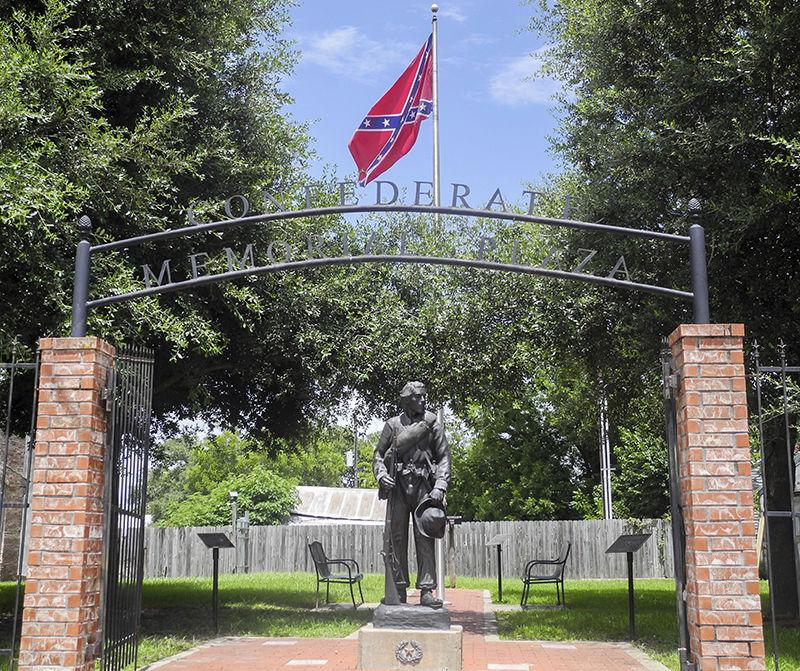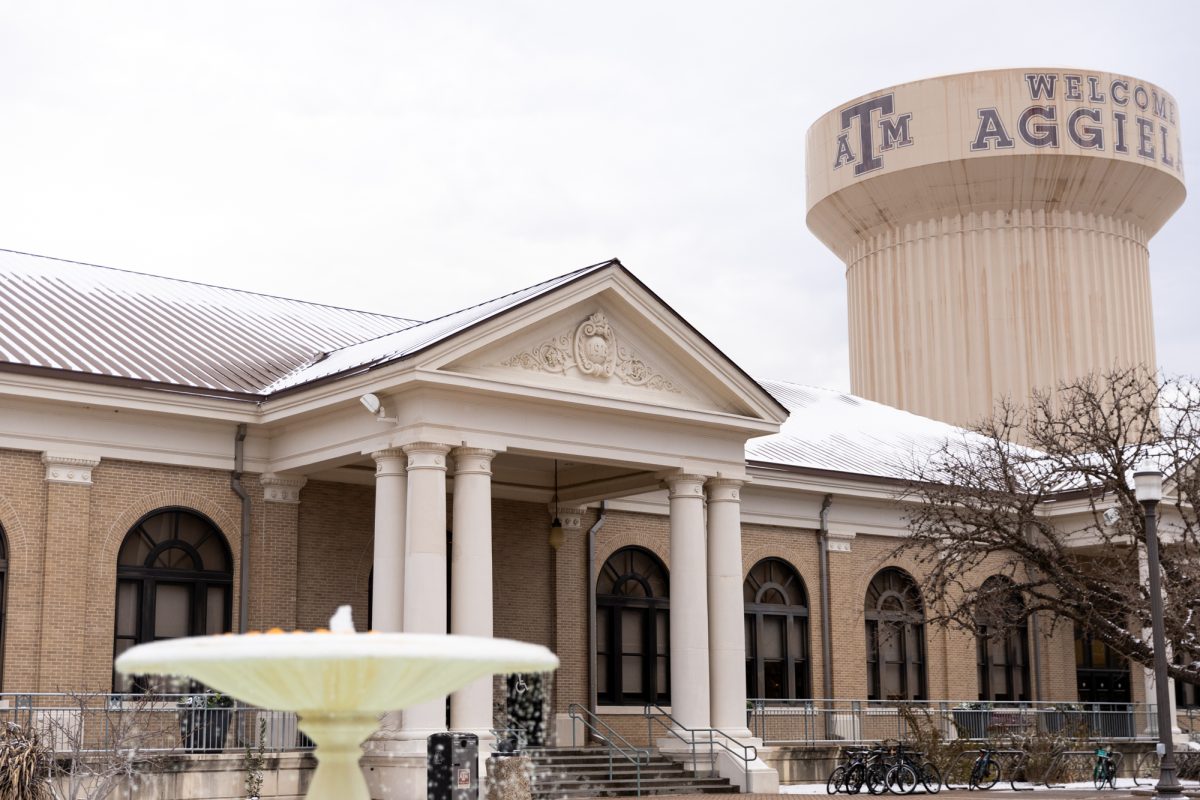In the wake of the Charleston shooting, the infamous piece of fabric that was once a representation of southern pride has become a symbol of controversy.
The propriety of the Confederate flag in civic spaces is under harsh scrutiny. Some maintain its heritage as something to be revered, while others believe it should be completely done away with in both private and public spaces.
Retail chains such as Wal-Mart and Sears have recently announced they are no longer selling Confederate flag merchandise, while South Carolina Gov. Nikki Haley called for the removal of the Confederate flag from the grounds of the State House.
Yet, some still maintain that the flag is a symbol of southern pride that deserves a place alongside the American flag.
It all comes down to individual interpretation. For those of us in the South, it is not uncommon to see Confederate flags decorating the backs of pick-up trucks or adorning the walls of rebellious teenagers’ rooms.
Born and raised in East Texas, it’s not difficult for me to to understand the overwhelming sense of pride that dominates the deep South. The battle flag is considered the representation of an ideal generation; the gentility and rebellion of the Confederacy is something that is often romanticised, even admired. But in the midst of our pride, we often forget our beloved South’s dark past.
We selectively remember the spirit of independence and pride that overwhelmed the Confederacy, and dismiss the fact that we enslaved our fellow man. We forget that in fighting this “honorable” war, cities were overtaken with armed forces and the bodies of soldiers were abandoned where they fell.
Roughly 620,000 soldiers died in a war that ended slavery but shattered a nation. Generations later, racism and division remain an ever-present reality, and, unfortunately, the negative connotations associated with the Confederate flag will never be erased.
According to the First Amendment, individuals should have the right to privately display a flag that played a large role in the history and heritage of the South. However, as the United States of America, why publicly display a flag that condones the opposite?
As Independance Day approaches, the American flag is seen across store shelves in every form of merchandise imaginable. The “stars and stripes” is honored as a symbol of 50 states, united in allegiance. As a representation of division and cruelty, the battle flag of the Confederacy is a piece of history to be recognized and respected but not revered in the same capacity.
I am proud of my southern upbringing, my home state and my heritage, and I’d rather revere the flag of a united nation and choose to only reflect on the flag of a divided one.
Bethany Irvine is a communication sophomore and assistant content
editor for The Battalion.
Opinion: Why condone the flag of a broken nation?
July 1, 2015
Photo by Trey Reeves
The Confederate Memorial Plaza sits on private property in Anderson, Texas and honors soldiers from Grimes County that fought for the South in the Civil War.
0
Donate to The Battalion
$2065
$5000
Contributed
Our Goal
Your donation will support the student journalists of Texas A&M University - College Station. Your contribution will allow us to purchase equipment and cover our annual website hosting costs, in addition to paying freelance staffers for their work, travel costs for coverage and more!
More to Discover









